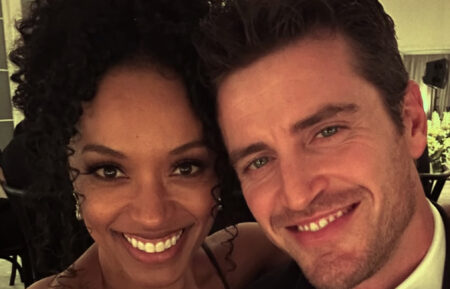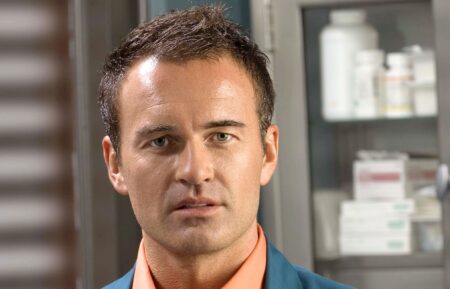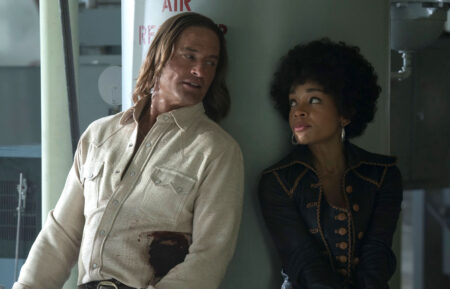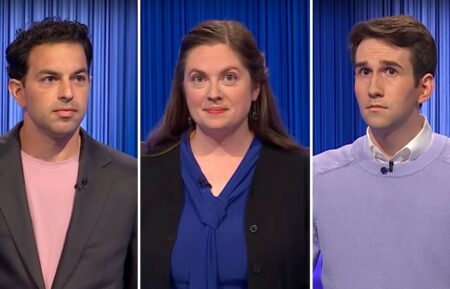Science Channel Broadens Its Focus, Adds New Shows to Its Mix
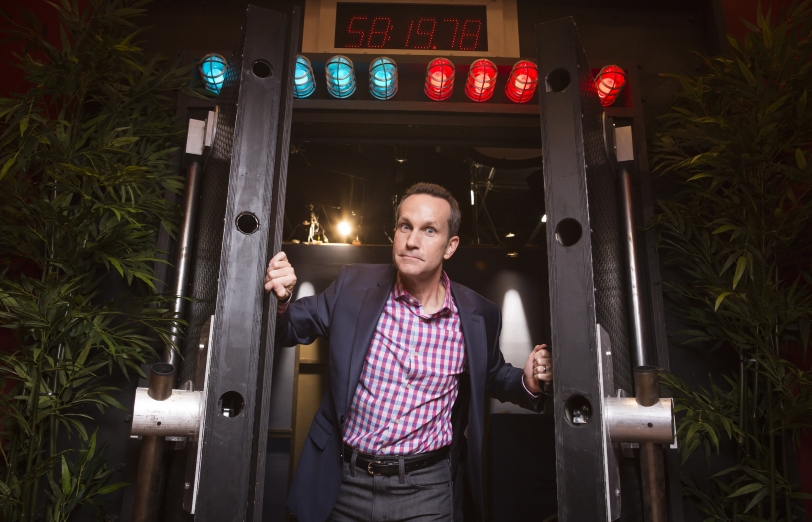
What is “science”? As Science Channel looks to expand its program offerings, the cable network is testing the boundaries of that definition. Among its new series are reality competition shows that fall under the realm of social sciences like psychology and sociology.
“One of the things we’ve been trying to do is broaden the audience for the channel,” says Science Channel general manager Rita Mullin, who took over the network last year. “When you look at some of our most successful shows like Outrageous Acts of Science and Mythbusters [which Science airs after its initial run on Discovery Channel], those are shows that make learning about science fun. I used those as we were thinking about where to take the channel next.”
New shows include Race to Escape, which launches in July. The competition series, hosted by comedian Jimmy Pardo, pits two teams of three strangers against each other as they are trapped in a room and forced to solve hidden clues in order to win. “It’s a bit of a psychology show,” Mullin says. “You see an interesting social dynamic different in every group of three. Who’s going to be the leader, who’s the game player? The clues they have to solve require both the contestants and viewers to think creatively. That’s why it fits very well in the new Science Channel.”
Premiering in early 2016 is Geek Out or Freak Out, which Mullin describes as “Mr. Wizard meets Wipeout.” The game show hybrid features contestants as they answer questions, conduct unusual science experiments and perform stunts in front of a studio audience. Geek Out or Freak Out premieres in early 2016.
Another new series debuting in early 2016, Short-Attention Span Science will tackle various science topics (like the Big Bang) in 163 seconds or less. Mullin says the show it tailor-made for the YouTube generation. “One of the things were trying to do with that show is see how you can explain scientific principles in a way that feels fresh,” she says. “Some could be as short as 10 seconds.”
More immediately, Science Channel is launching the hidden camera series Outrageous Acts of Psych on May 2 at 9/8c. A spin-off of Science’s Outrageous Acts of Science, the show will show how people react to certain situations (such as whether people will take a food sample from a worker wearing a hazmat suit). Psychologists and human behavior experts will dissect the experiments.
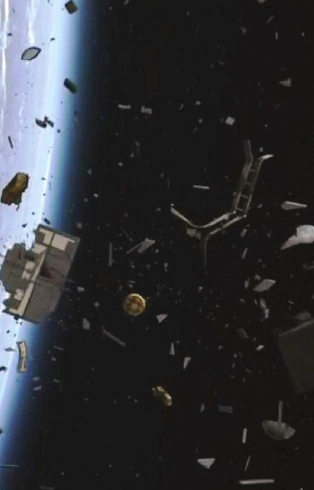
This fall, Science Channel launches Secret Space Disasters (right; 8 episodes), an hour-long series that explores the near misses, close calls and dangerous discoveries made during the space race.
“What we’re really trying to do is emphasize as a channel how accessible science can be to people, and that it’s smart and entertaining and close to home,” Mullin says. “You’ll see in a lot of the programming that we’re doing, how principles of science and technology affect our lives every day. Having people understand that impact is an important part of our mission. They’re entertaining, popular science, but strongly science. There’s good take away in every one of these shows.
“As for the game shows, I don’t think of them as game shows in typical sense,” Mullin adds. “They’re really true to what the core of the brand is. They’re both smart and entertaining.”
Other new series debuting in 2016 include Machine Men, which follows tech company Graywrx and its founder, Justin Gray; and True Spy, which tells the stories of international and corporate spies using technology and science to steal secrets.
Besides Outrageous Acts of Science (Season 4, early 2016), other shows returning to the Science Channel slate include How It’s Made (13 episodes, fall 2015, and 13 episodes, mid-2016), All-American Makers, How Do They Do It (20 episodes, mid-2016) and Survivorman (4 episodes, fall 2015). Among specials, Kevin Moore and Grant Reynolds host a special What Could Possibly Go Wrong? on Thanksgiving night.
Mullin also touted SciSpaceLive, a new section of the network’s website featuring a live NASA feed plus ongoing space news.
As for scripted fare, Mullin says there are no plans at the moment, but she doesn’t rule out running scripted series or adding more science fiction programs to the channel in the future.
“There are so many new ways we can investigate within science,” Mullin says. “It’s clear our viewers are interested in everything so it’s great opportunity to explore things like psychology or geology or weather or how technology is affecting our lives. The breadth of what we can explore with this channel is endless.”


